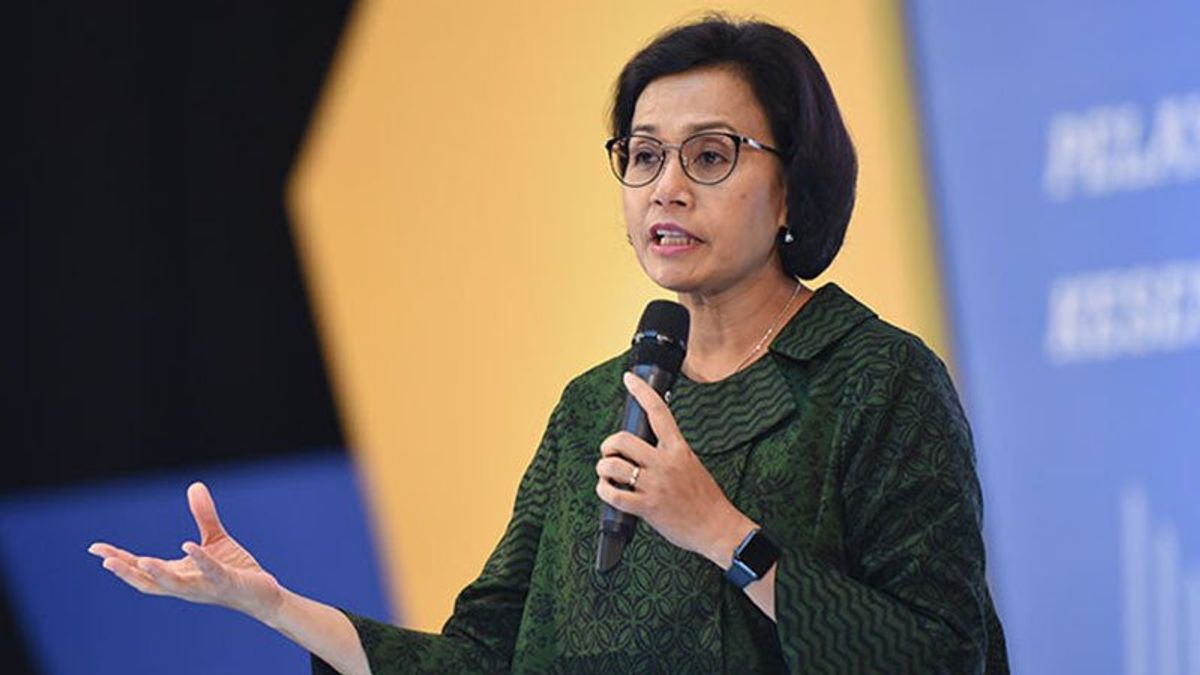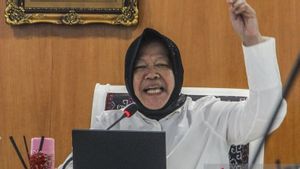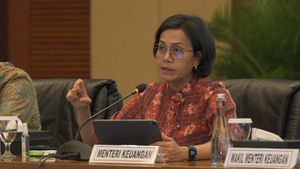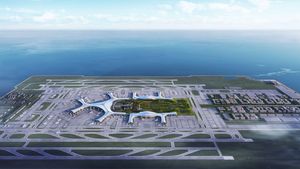JAKARTA - Indonesian Finance Minister Sri Mulyani Indrawati said that the current geoeconomic fragmentation poses various challenges. This also affects the world economy and Indonesia.
Ani, as she is familiarly called, assesses that the current global fragmentation is mainly a propagator of geopolitical tension that is heating up and the competition of the technology industry, although it was also influenced by several economic phenomena a few years ago such as the Britain Exit (Brexit).
"We have seen a growing global economy become more complex. In many headlines, we see that geopolitical tension is increasingly moving forward-looping," Sri Mulyani said quoting Antara.
The first challenge, according to him, is that geoeconomic fragmentation will result in distrust between countries. This will lead to limited trade between countries because there is no trust in other countries.
It will lead to global supply chain disruptions (global value chain) as western countries tend to shift to regional or bilateral economic cooperation (on-shoring to friends-shoring).
It is feared that this fragment will trigger many countries to create their own regional blocks.
"Therefore, on-shoring becomes friends-shoring and this creates very different dynamics of trade and investment," explained the State Treasurer.
The second challenge is that when countries prioritize their respective interests over collective actions, there is a risk of eroding the structure of global governance. This protectionism will have an impact on hampering international trade.
Furthermore, Sri Mulyani also explained a new phenomenon called techno-nationalism in developed countries which is a threat to multilateral cooperation.
This was triggered by concerns about economic sovereignty, technology domination, and national security so that these countries competed to become the most advanced in the use of technology.
SEE ALSO:
"For example, Tech Cold War between China and the US is pushing for progress in domestic innovation, control over exports and limiting technology transfers to other countries," he said.
In the midst of the pressure of geoeconomic fragmentation, Indonesia continues to show relatively stable and good performance. Sri Mulyani said this was reflected in the Indonesian economy, which grew by about 5 percent in the last eight quarters. Fiscal policy has proven to be effective in playing an important role in reducing shocks, maintaining national stability while maintaining solid economic growth.
"Indonesia continues to play a constructive role even though the global landscape is very difficult and challenging and continues to change. In accordance with the constitution, we will continue to play a constructive role by ensuring that the world will continue to be built based on peace, sovereignty and equality," he said.
The English, Chinese, Japanese, Arabic, and French versions are automatically generated by the AI. So there may still be inaccuracies in translating, please always see Indonesian as our main language. (system supported by DigitalSiber.id)
















